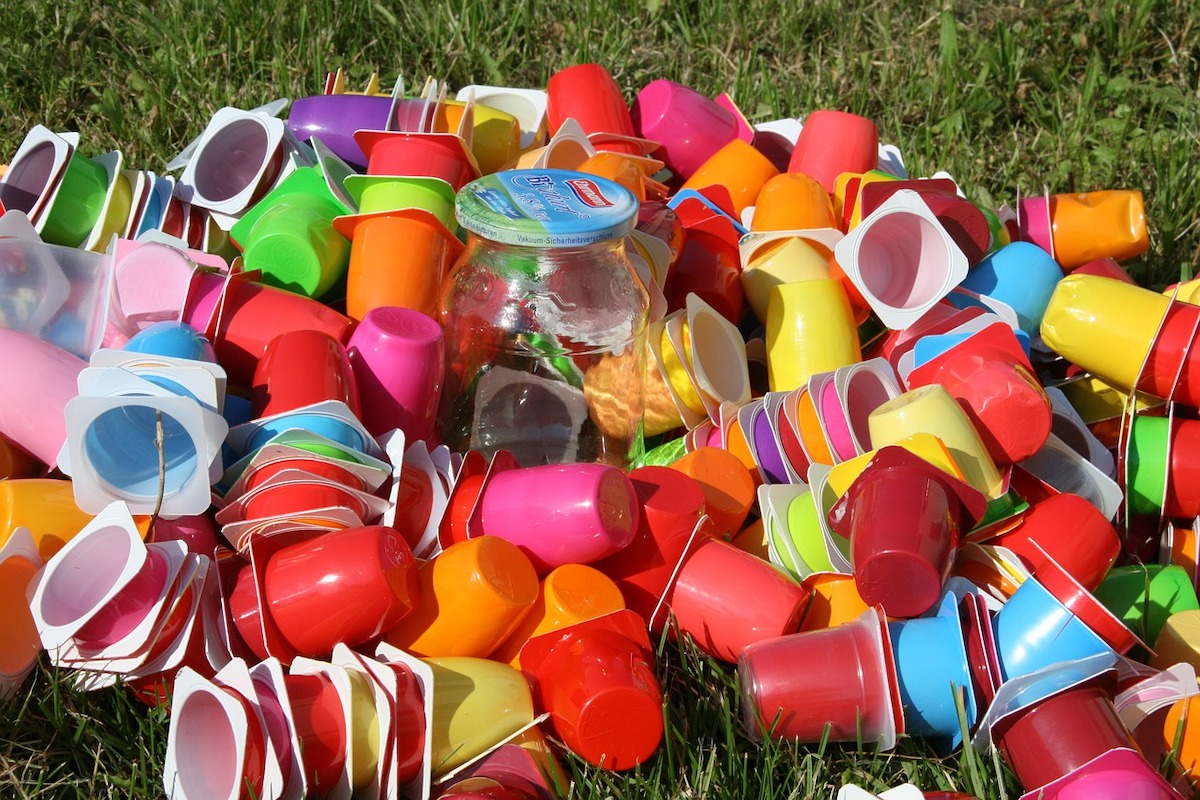
Awareness is key to realizing what needs to be done to achieve one’s utmost potential. As for FMCG (Fast Moving Consumer Goods) companies, its BoP (Base of the Pyramid) becomes recognized as the most feasible platform where it can create positive impact through its suppliers, collaborators, producers, distributors, product designers and retailers. The potential roots from a huge 50% on food and drinks, with an expenditure of precisely US$2.3 trillion. While it paves the way for an opportunity for its economic and social goals to become achievable, tapping into this consumer segment poses important challenges such as waste management.
Here are some pointers on waste management in the FMCG sector:
- Embrace a more sustainable way of packaging
One big culprit that leads to waste build-up is the consumption habits of the consumers, particularly low-income families. Take a bottle of shampoo, for example. This kind of packaging, though it has been researched upon, usually doesn’t get recycled. They often end up in landfills or the ocean. Raw materials, together with the entire process for making something sustainable can be too pricey for the low-income group.
- Collaboration
It’s hard for companies to work on their own. Mandating a collaboration or partnership who share the same concepts, perspective, and goals, such as providing sustainable alternatives to plastic, could be the best intervention. Biodegradable packaging could be too costly per unit for a single company, however there are local authorities that may be integrated of the motive which could help to make it more affordable. Serving as a unit that reflects its sustainable drive for effective waste management may be counted as a small effort. But if one conforms after the other, it could create a significant ripple effect.
- Bring your own
If one out of ten people do their part in caring for the environment, by carrying a refillable tumbler instead of buying juices from the convenience store, you will still have approximately 7 million people doing something for the earth to prevent unwanted waste.
- Reuse, Reduce, Recycle
Reuse: Bottles bought from the vending machine can be refilled and reused.
Reduce: Consider reusing bags you already own instead of purchasing more plastic bags at the supermarket.
Recycle: Retail stores or manufacturers can place a recycling bin where they will be the one to recycle it after consumers use it.
If other packaging alternatives are not available, retailers can try to improve the recycling or collection of existing packaging. Businesses should also consider how they will conduct secure document destruction in an environmentally friendly way.

Go for effective disposal
Know how specific packaging could be recycled. Let’s dig deeper on sachets. These tiny materials are multi-layered, making them hard to recycle. In this regard, the pharmacy giant, Unilever is working with pyrolysis that helps in turning sachets into fuel oil.
As for another kind of packaging, specifically bottles that are used to hold shampoos and drinks, there exists an informal waste collection system. If this would be truly developed, it will help those who are managing waste, those who are in the recycling business, and improve recycling rates. Overall, this alleviates our planet from harmful impacts to the environment brought by irresponsible packaging.
P&G (Proctor and Gamble) provided financial help to the Mokattam Recycling School, Egypt to pay each recycler per collected bottle. P&G increased recycling capacities in the country through this project and reduced the risk of counterfeit products that replaced the original P&G packaging.
Due to the ease of effort required, people are starting to embrace the concept of managing waste effectively. Companies are slowly integrating waste management into their general strategies by focusing primarily on its reduction via sustainable production. This throws the challenge back to the very culprit by putting a halt to its production.

